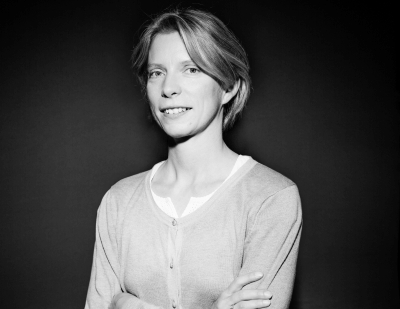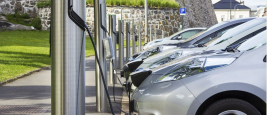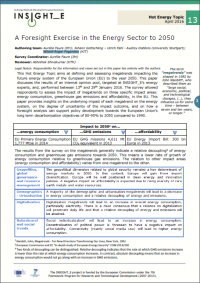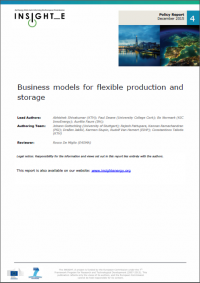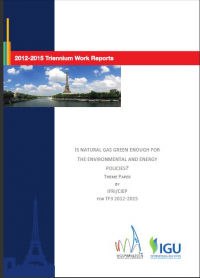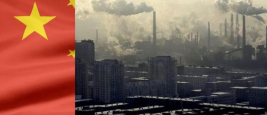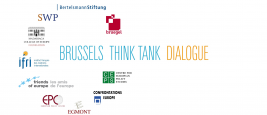
Aurélie FAURE SCHUYER
Research Fellow, Center for Energy, Ifri Brussels from 2014 to 2016
Aurélie Faure-Schuyer worked 15 years in investment banks BNP-Paribas, HSBC and Dexia Asset Management, as a financial analyst covering the energy and commodity sectors (oil companies, oil services, mining companies, electricity, gas and water utilities), and as a sustainable and responsible analyst.
She graduated from Paris-Dauphine University (Master’s Degree in Management), where she studied prices’ formation on the crude oil market (master’s thesis), before joining the Ecole Nationale Supérieure du Pétrole et des Moteurs (ENSPM), where she studied Energy Economics (1996). Aurélie Faure is a certified financial analyst from the SFAF (Société Française des Analystes Financiers - 2000). Recently, she pursued an Executive Master’s in Communication and European Politics in IHECS - Brussels.
In the context of liberalisation and the creation of a European electricity market, security conditions underlying the supply of electricity need to be reconsidered.
European clean transport policy envisages the development of charging infrastructures for electric vehicles within a European e-mobility framework. After the downturns of the Volkswagen scandal and the prevailing low European carbon price, the EU is bringing forward car passenger transport...
This Hot Energy Topic aims at defining and assessing megatrends impacting the future energy system of the European Union (EU) to the year 2050.
The purpose of this paper is to go through the transformations that new modes of energy storage – mostly batteries – are expected to bring to the energy systems.
This report explores business models for storage solutions that may help the European energy system adapt to new challenges.
A range of announcements of energy and climate coalitions have been made during COP21. Beyond their important diplomatic objectives, these new forms of coalitions bring scientists and industry leaders towards new long term visions of energy consumption modes.
Editor: Deborah Sherwood, published by Clingendael International Energy Program (CIEP) and Institut français des relations internationales (Ifri)
The upcoming Paris climate conference (COP21) is opening the door to a new post-2020 climate regime in which China and other large emitters will have to provide strong evidence of their domestic efforts in addressing global warming in the next century.
Conflicts in Ukraine and Middle East are giving resonance to the proposal for an Energy Union, originated by Poland, and, initiated by the European Commission. Indeed, access to affordable energy stands as a major concern for all EU citizens and becomes, as such, a strong political argument...
If the transition to low-carbon energy sources is deemed to improve Europe’s domestic energy supplies, the penetration of renewables in the energy mix also brings new operational challenges in terms of energy security. This raises questions about the role of energy efficiency in...
Article published in Nikkei Asian Review



